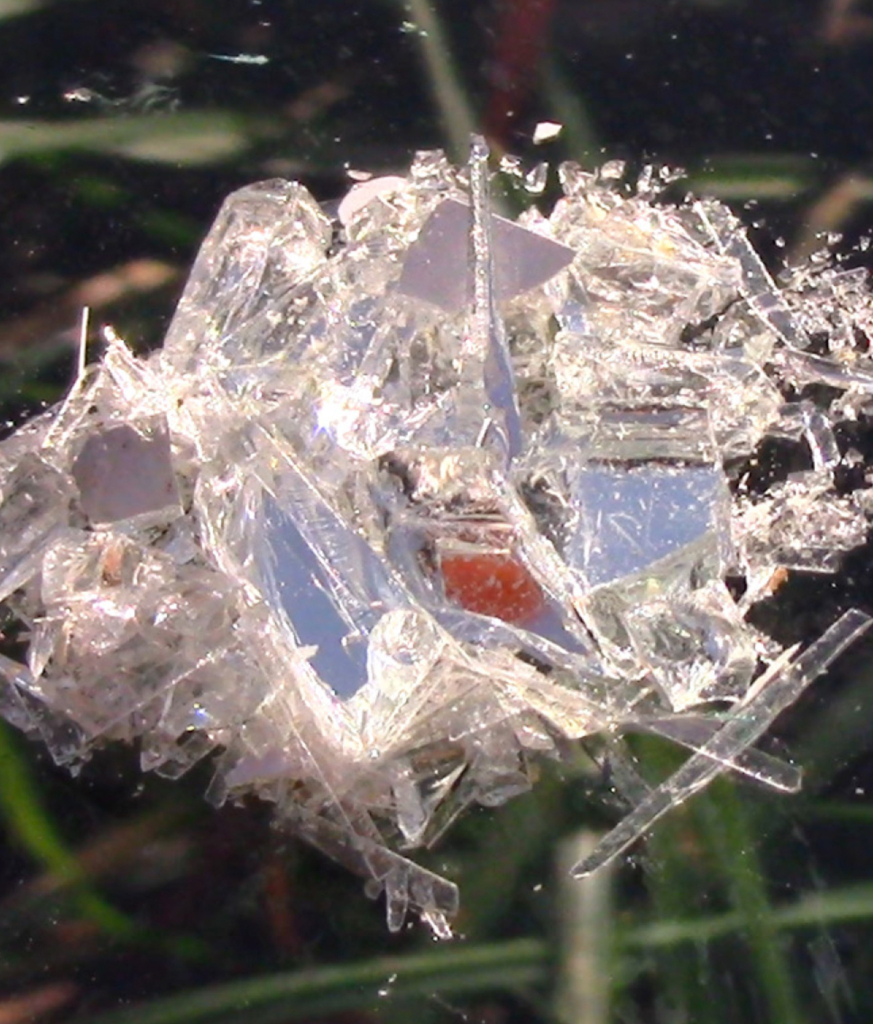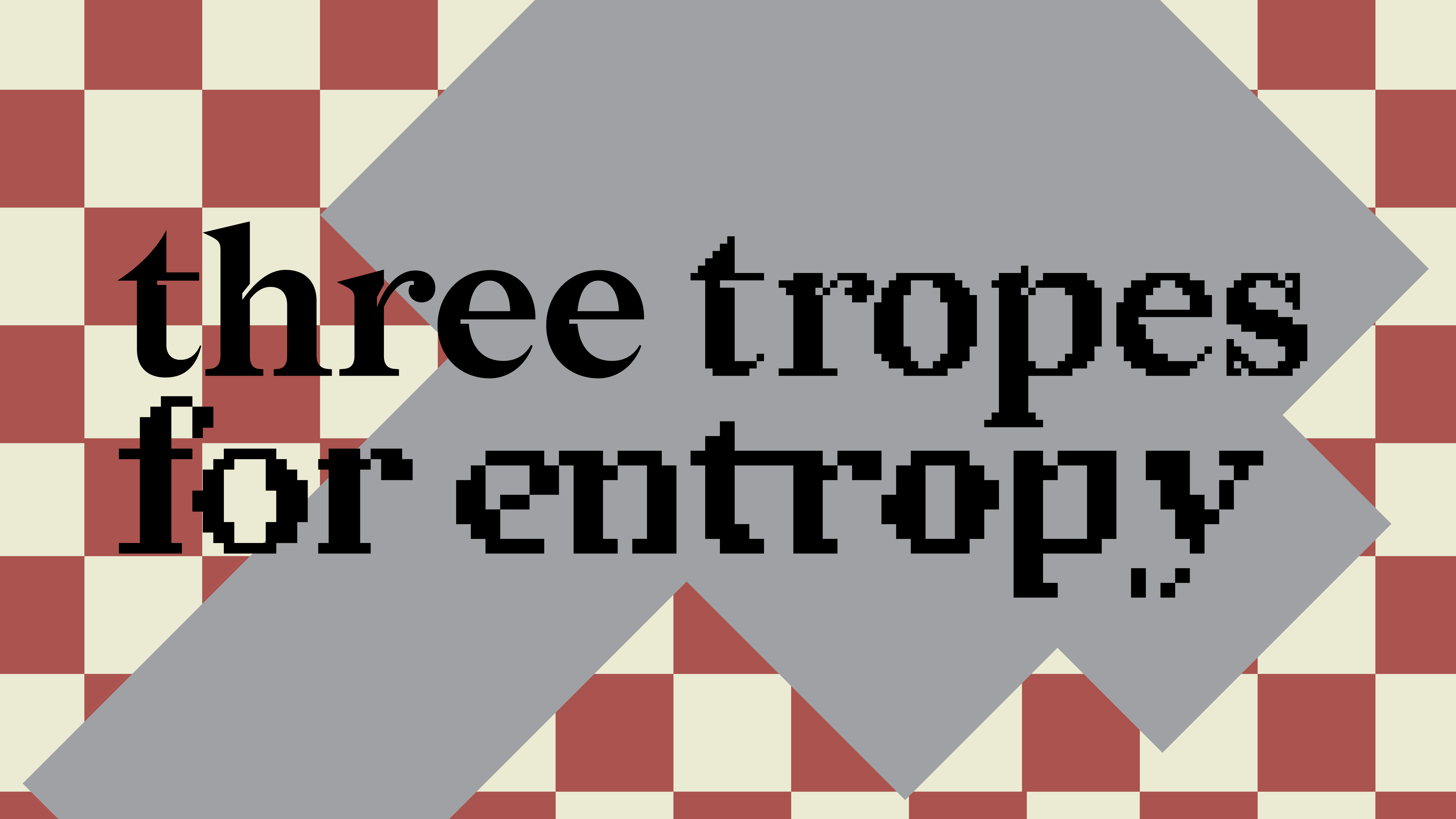



a series of online talks
Conflict Zones
a series of online talks
Conflict Zones is a series of online conversations around conflicts of different kinds, with various degrees of visibility and scope. Conflict Zones takes place every fortnight on Tuesday at 7 p.m.
Click on this link to follow the conversation on Zoom. No registration required.
In the series, we exchange thoughts and personal stories with artists and cultural workers who are facing a precarious situation as a result of different kinds of conflict: military and political but also legal, ethical, or other; at a workplace, at home, or in exile. The series gives platform and visibility to the practices that might be underexposed or even under attack at the given moment. During intimate talks, we are trying to unveil different layers of conflict and foreground how they disrupt artistic practices and daily lives alike. We want to listen. Truly listen.
We do not claim to be objective nor comprehensive. The making of the series is inspired by the improv acting methodology that lies at the core of Jester. We always start from a speaker we have a connection with, as an organisation and as people, and from a subject with a sense of urgency. From there, we see how the programme will unfold.
Due to the current war in Ukraine, the topic of conflict became even more imminent in the general programme ideas for Jester. Departing from conversations with Ukrainian curator Alexandra Tryanova, our intern, and some of the Ukrainian artists with whom we have worked in the past, formed the catalyst for this initiative. Based on that, we decided to address this urgency first within our series. This is followed by all kinds of ‘conflicts’ that are linked to the organisation; materials that conflict with each other, neighbours who have to get used to a new art building in their backyard, or a court case about ownership.
Conflict Zones 06 – moderated by Alexandra Tryanova & Orlando Maaike Gouwenberg
Oleksandr Sirous is a sound and media artist. Recently Oleksandr has turned more and more to the culture of video games and various game mechanics and new rules of interaction. With the aim of finding new approaches at the intersection of the already established approaches in media art and video games.
Sirous studied painting and graphics in Kharkiv. In 2018, he was the curator of the new media art course at @hudpromloft and the Kharkiv Academy of Visual Arts. In 2019, he taught the 3D programming course at the Kyiv Academy of Media Arts and curated/resided at @carbonartcentre in Kyiv and also a member at @photinusstudio . He was nominated this year for the @pinchukartcentre Prize.
(text by MORPHO residency program)
Conflict Zones 05 – moderated by Orlando Maaike Gouwenberg
Alexandra Tryanova is an Odesa-born, Antwerp-based independent curator. She works with topics of recreation, Eastern European conceptual art, gender, and institutional critique. In a frame of the 5th Odessa Biennial of Contemporary Art (2017), she has established a non-production site residency Kunsthalle Lustdorf that continues its work as an independent artistic and curatorial association for open practices and technologies in a suburb of Odessa. Between 2018 and 2019, she worked at the Museum of Odessa Modern Art as a curator, where she curated a list of exhibitions, among which (un)named by Nikita Kadan and In memoriam exhibition of Stas Volyazlovsky. As a junior curator of the PinchukArtCentre, Alexandra has co-curated the exhibition Ain’t nobody’s business (2019) and curated the exhibition of the 20 artists shortlisted for the PinchukArtCentre Prize (2020). Then In 2021, she continued her studies in Belgium at Curatorial studies at KASK (Ghent) and now collaborates with Jester (Genk) in the frame of the series Conflict Zones.
Conflict Zones 04 – moderated by Alexandra Tryanova
Ute Kilter is a performer, actress, TV maker, and art critic based in Odessa, Ukraine. In 1992, with her collaborator Viktor Malyarenko she started the TV program “Situation Ute, ” an essayistic contemporary art travel digest. “Situation Ute” was broadcasted on Odesa TV channel for 27 years, proposing an overview both of European art events in Germany, France, Denmark, Sweden, and in Ukraine to a local audience. Ute Kilter starred in many films by internationally known Ukrainian film director Kira Muratova, including Chekhov’s Motifs, The Tuner and Eternal Return.
Conflict Zones 03 -moderated by Alexandra Tryanova
Conflict Zones 02 – moderated by Alexandra Tryanova
Our second guest was Nadia Parfan, a Ukrainian film director, producer and curator. Her student film “Reve ta Stohne on Tour” received a special mention at DocudaysUA and her last film, “Heat Singers”, was premiered at Visions du Reel cinema festival and was selected to several other international film festivals. Nadia is the co-founder of the Festival of Film and Urbanism 86, which took place in Slavutych from 2014 to 2018.
She is also the author of the idea and creative producer of the documentary project MyStreetFilmsUkraine, in which Ukrainian directors have created and released 49 short films. In 2018, Nadia together with producer Ilya Gladstein has founded the production company Phalanstery Films. In January 2020 Nadia launched a streaming platform Takflix.com which provides legal access to Ukrainian films.
Conflict Zones 01 – moderated by Alexandra Tryanova
Our first guest was culturologist Olha Honchar (UA), a project and communications, anti-crisis manager. She is the director of the Memorial Museum of Totalitarian Regimes ‘Territory of Terror’ in Lviv en researches the features of PR, cultural and museum management in Ukraine. Besides, she is responsible for the communication of the projects ‘Cultural diplomacy between the regions of Ukraine’ in the frontline and liberated cities of Donetsk and Luhansk regions: ‘The museum is open for renovation’, the expedition ‘HERE AND THERE’ and others.
At the Luhansk Regional Museum in Starobilsk, Honchar is Co-curator of the experimental exposition of the Anti-Terrorist Operation. She is the initiator of the ‘Museum Crisis Center’ and the ‘Ambulance Museum project’, which emerged the first days of the Russian war against Ukraine.
How to support the Museum Crisis Center?
For payments in euro:
BENEFICIARY: ngo insha osvita
Id. Code: 40289892
IBAN: UA933355480000026008053635051
Legal address: Lva Zhemchuzhnikova st. 5, appt. 6, 79053, Lviv, Ukraine
BANK OF BENEFICIARY: PRIVATBANK, 1D HRUSHEVSKOHO STR., KYIV, 01001, UKRAINE
SWIFT: PBANUA2X
CORRESPONDENT BANK: J.P.MORGAN AG, FRANKFURT AM MAIN, GERMANY
Details of payment: charity donation for “Museum Crisis Center”
The Museum Crisis Center is a grassroots initiative of Olha Honchar, a culturologist and director of the Lviv Territory of Terror Museum, which is implemented in partnership with Insha Osvita and the New Museum NGO. The Museum Crisis Center has already been supported by the European Commission (within the Strength Here project), the Kyiv Biennale (as part of its own urgent initiative to support the art community), the PinchukArtCentre, the German MitOst e.V., and a number of private patrons.
The Museum Crisis Center aims to provide financial, organizational and human support to small regional museums and their teams in times of crisis. While the state saves the funds of large national museums in the first place, local museum institutions, which are a vascular network of culture, are often overlooked. The Museum Crisis Center sees value in every local museum institution and in the people who preserve that knowledge and collection.
The Museum Crisis Center is an initiative that will be relevant in the postwar period as well. Not only to restore the network of local museums, return collections, restore exhibits and inventory, but also as a tool of mutual assistance in various crisis situations. The Museum Crisis Center is an association that will launch a number of projects, the first of which is Ambulance museum initiative.
For partnerships and support, or other forms of payment, write to olha.honchar@gmail.com, be_strong@insha-osvita.org





Film Programme
05.02–01.05.2022
Three Tropes for Entropy
Film Programme
05.02–01.05.2022
Laila Melchior and Koi Persyn — laureates of the second edition of the Lichen Curatorial Prize — present a transformative exhibition connecting the artistic practices and methodologies of mountaincutters (FR), Angyvir Padilla (VZ) and Daniel Steegmann Mangrané (ES) to the unique site of the former Winterslag coal mine. Having hosted an industrial complex of coal exploitation for approximately a century, this former mine site embodies the capacity to generate and process energy not only through its history but also in its recent transformation into a creative hub.
Three films presented during the opening weekend of Three Tropes for Entropy can now be watched below. The screening was part of risquer sa mutation : programme d’une pensée sans domaine, the exhibition’s first trope.
-
- Daniel Steegmann Mangrané, Phasmides, 2012; 22’41”, 16 mm transferred to HD, colour, mute, courtesy of Mendes Wood DM, São Paulo and Esther Schipper, Berlin
- Angyvir Padilla, 21 años de mala suerte (21 years of bad luck), 2014; 04’04“, colour, sound, courtesy of the artist
- mountaincutters, Supplique pour le beau temps, 16 mm transferred to HD, colour, mute, 2’08”, 2021, production by fondation d’entreprise Hermès
Lichen is a prize for emerging curators, established by CIAP platform for contemporary art and the department of Curatorial Studies at KASK School of Arts to foster and support curatorial experimentation in Belgium. With the support of the Flemish Community, the City of Genk, and the CIAP members.
